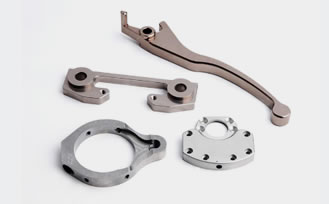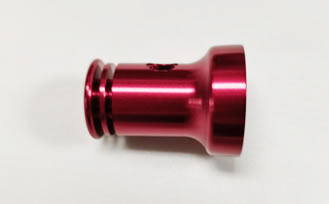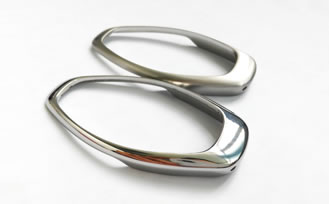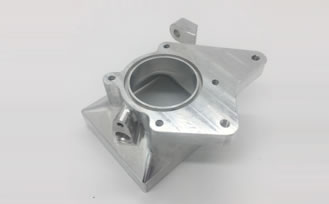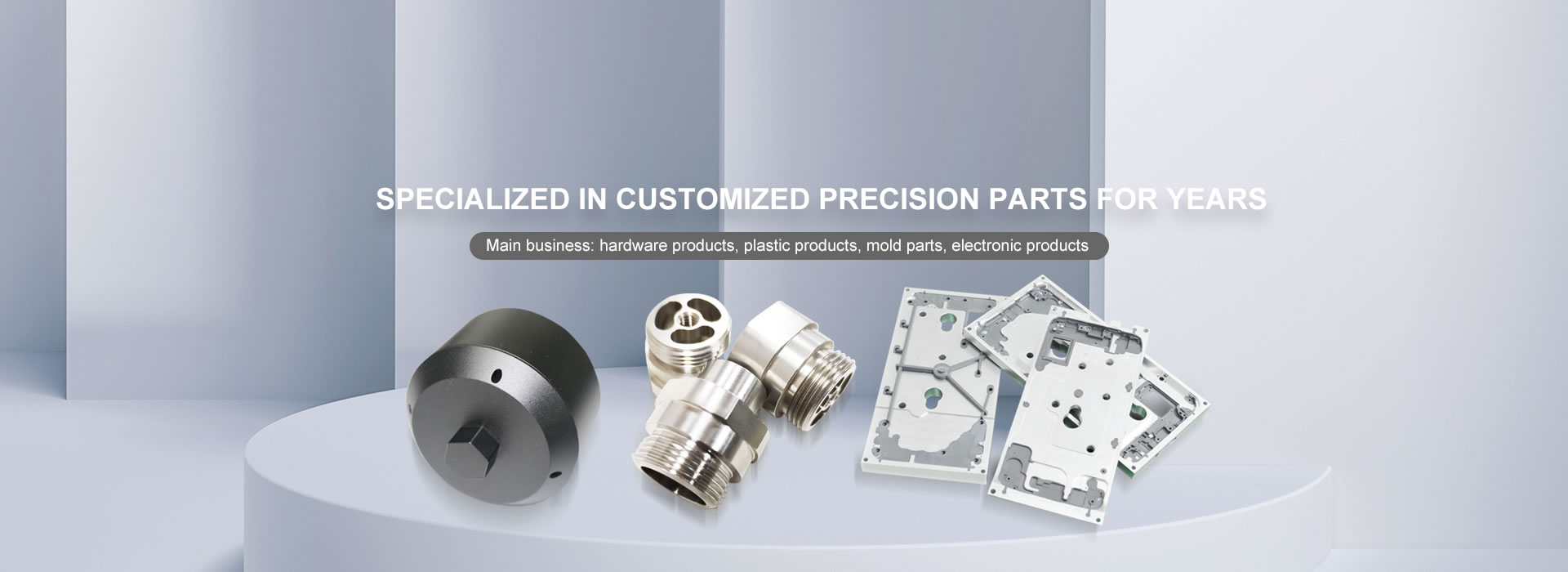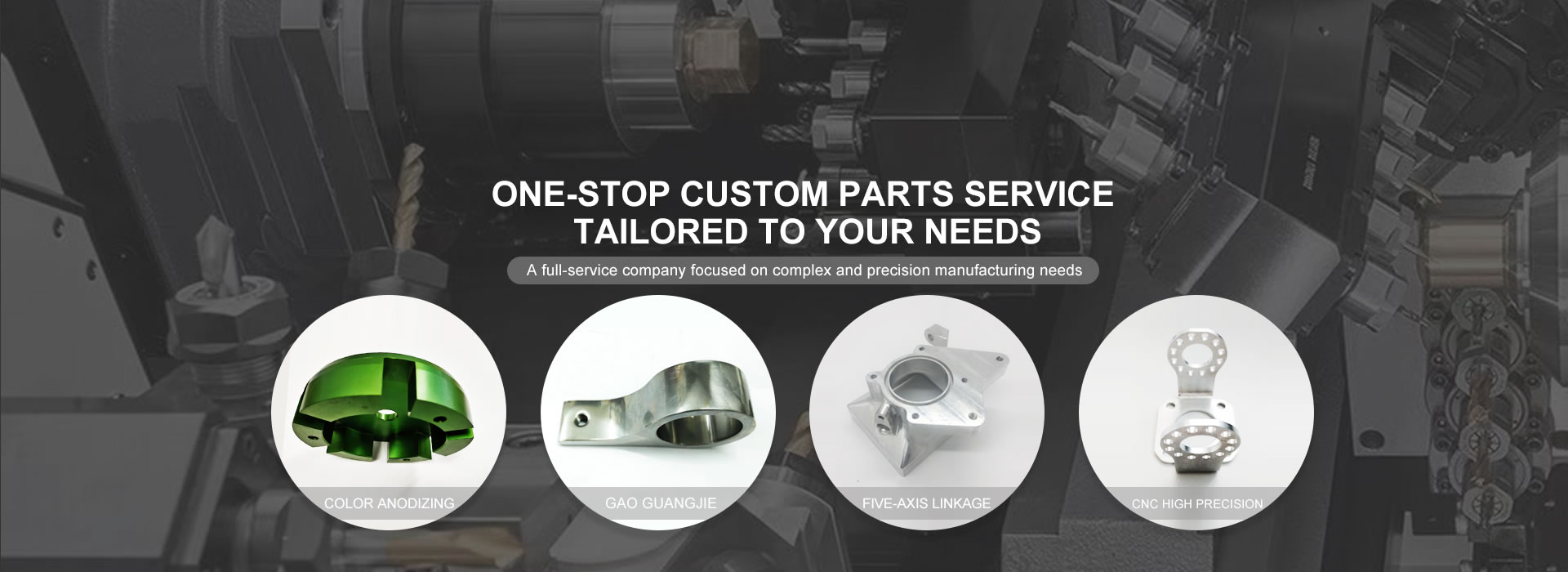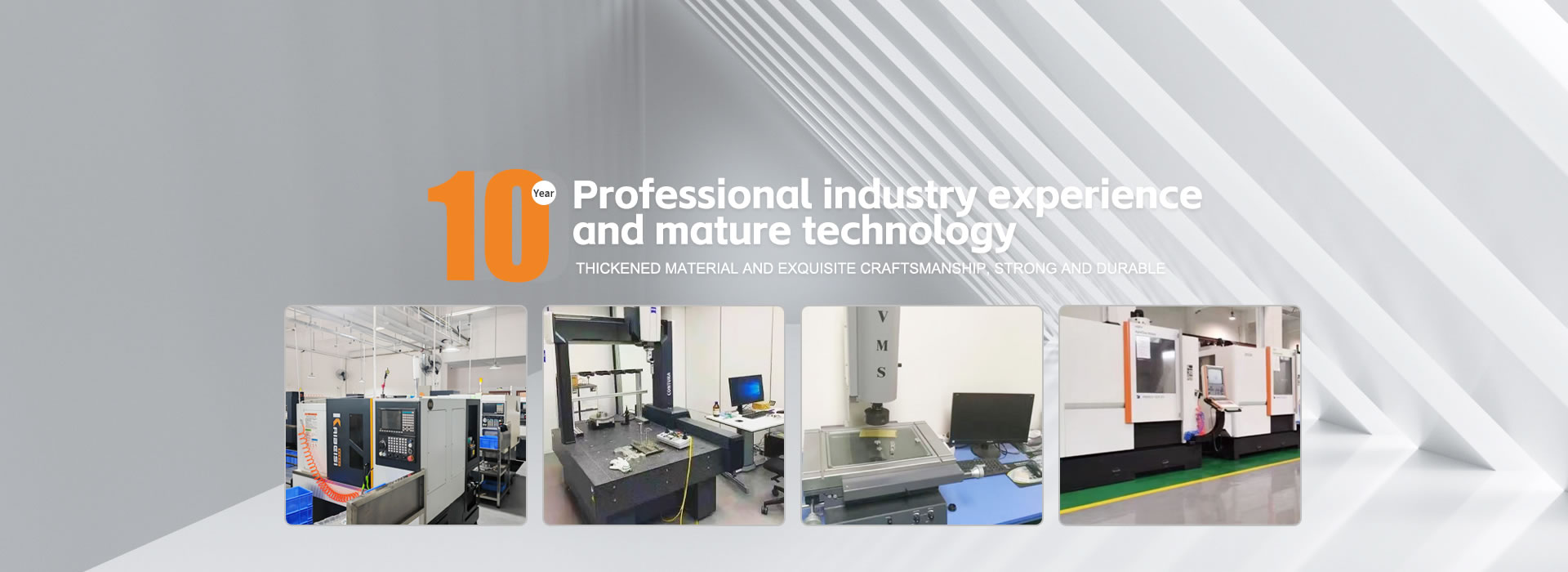4Application area
The application of precision parts in instruments and meters is extremely extensive, and these precision parts play a crucial role in ensuring high precision, high stability, and long service life of instruments and meters. The following is a specific analysis of the application of precision parts in instrumentation:
Key application areas
Measuring instruments:
Precision parts play a core role in measuring instruments, such as vernier calipers, micrometers, measuring blocks, etc. The measurement accuracy of these instruments directly depends on the manufacturing accuracy of precision parts
By adopting high-precision machining techniques such as CNC machining and precision grinding, the dimensional accuracy and surface roughness of the measured parts can be ensured to meet the design requirements, thereby improving the overall accuracy of the measuring instrument
Analytical instruments:
In analytical instruments such as chromatographs and spectrometers, precision components such as sensors, optical components, and injection systems have a direct impact on the analytical performance of the instruments
These precision parts require extremely high machining accuracy and surface quality to ensure the accuracy and stability of analysis results
Control instrument:
Precision components such as circuit boards, connectors, switches, etc. in control instruments such as PLC (Programmable Logic Controller), DCS (Distributed Control System), etc. are crucial for the stable operation and precise control of the system
The precision machining of these parts ensures accurate transmission of control signals and rapid response of the system
The importance of precision machining technology High precision: Precision machining technology can ensure that the dimensional accuracy and shape accuracy of parts reach the micrometer or even nanometer level, meeting the needs of instruments and meters for high-precision parts
High quality: Through precision machining, parts with low surface roughness and good dimensional stability can be obtained, thereby improving the measurement accuracy and service life of instruments and meters
High efficiency: With the development of automation and intelligent technology, precision machining technology can achieve efficient and batch production of parts, meeting the needs of large-scale production of instruments and meters
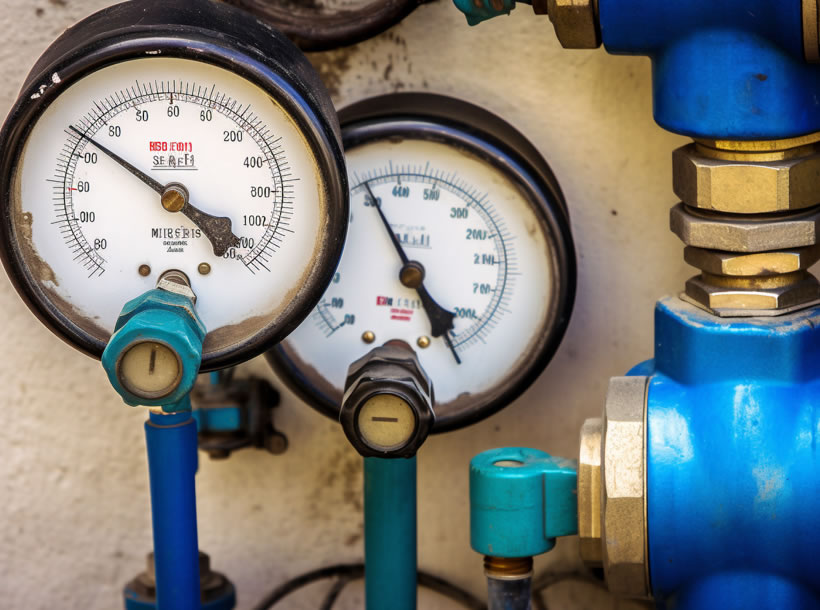
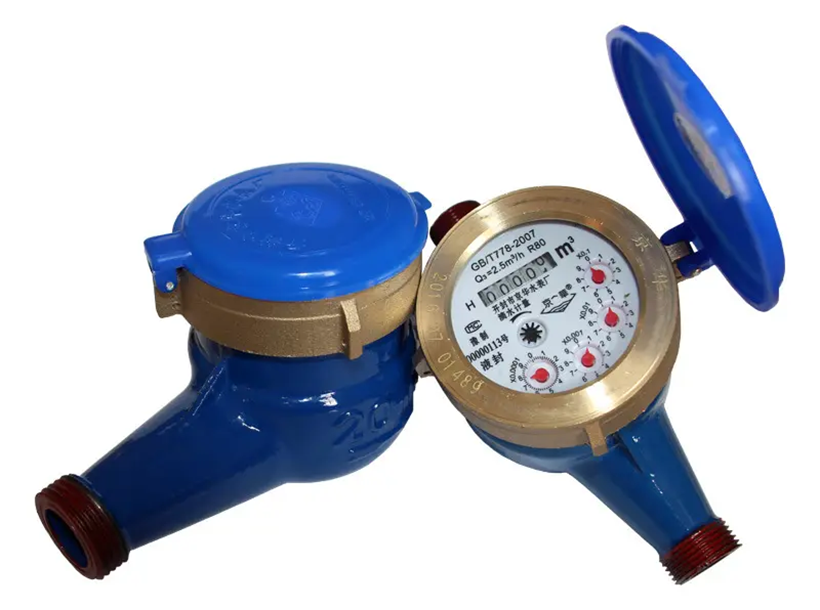
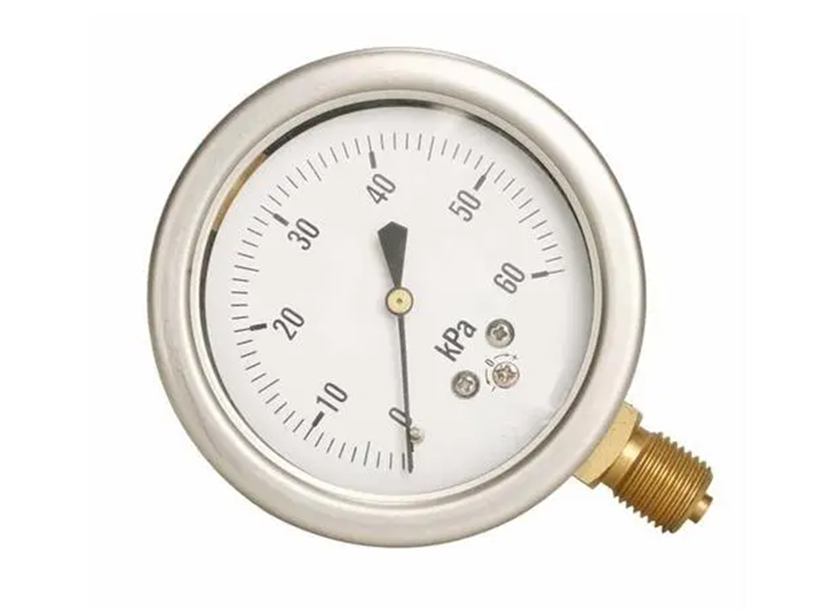
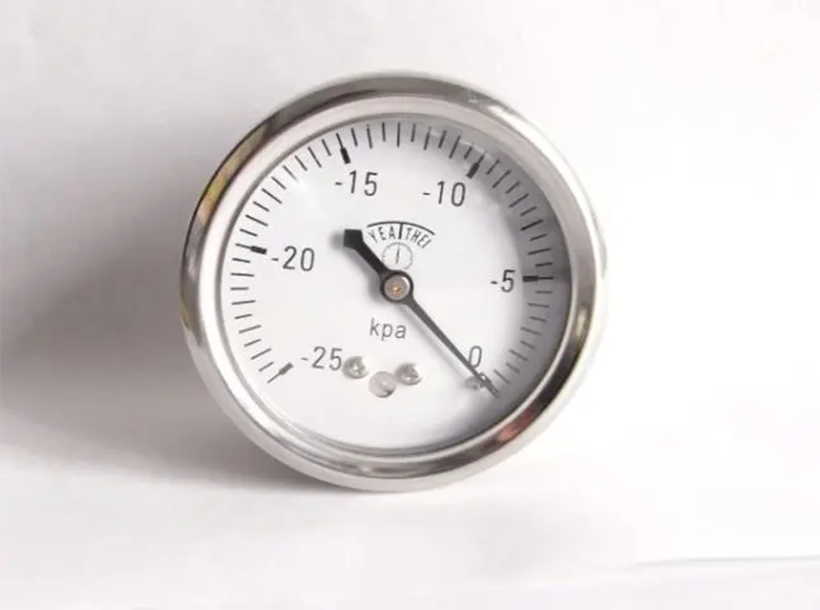
Key application areas
Measuring instruments:
Precision parts play a core role in measuring instruments, such as vernier calipers, micrometers, measuring blocks, etc. The measurement accuracy of these instruments directly depends on the manufacturing accuracy of precision parts
By adopting high-precision machining techniques such as CNC machining and precision grinding, the dimensional accuracy and surface roughness of the measured parts can be ensured to meet the design requirements, thereby improving the overall accuracy of the measuring instrument
Analytical instruments:
In analytical instruments such as chromatographs and spectrometers, precision components such as sensors, optical components, and injection systems have a direct impact on the analytical performance of the instruments
These precision parts require extremely high machining accuracy and surface quality to ensure the accuracy and stability of analysis results
Control instrument:
Precision components such as circuit boards, connectors, switches, etc. in control instruments such as PLC (Programmable Logic Controller), DCS (Distributed Control System), etc. are crucial for the stable operation and precise control of the system
The precision machining of these parts ensures accurate transmission of control signals and rapid response of the system
The importance of precision machining technology High precision: Precision machining technology can ensure that the dimensional accuracy and shape accuracy of parts reach the micrometer or even nanometer level, meeting the needs of instruments and meters for high-precision parts
High quality: Through precision machining, parts with low surface roughness and good dimensional stability can be obtained, thereby improving the measurement accuracy and service life of instruments and meters
High efficiency: With the development of automation and intelligent technology, precision machining technology can achieve efficient and batch production of parts, meeting the needs of large-scale production of instruments and meters




Previous:Medical equipment
Contact information
- Contacts: Mr. Deng 86 139 2853 4050
- Contacts: Miss Zhang 86 135 5667 8843
- Q Q: 29928133
- Address: Room 107, No. 3 Derong Road, Dalang Town, Dongguan City, Guangdong Province
- Website: en.cnxdtech.com
QR code


Copyright @ Dongguan Xinda Precision Hardware Co., Ltd
Technical support:【Dongguan website construction】
【Admin】

